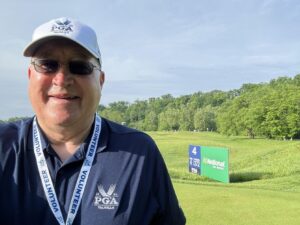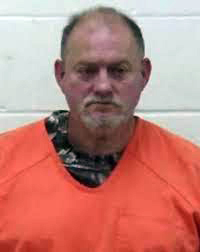
WASHINGTON (BP)–Can children be protected from online pornography without treading on the First Amendment right of adults to view such material? That was the question before the U.S. Supreme Court Nov. 28 as lawyers for the Bush administration and the American Civil Liberties Union battled over the constitutionality of the Children’s Online Protection Act (COPA).
“The constitutional flaws in this law are identical to the flaws that led the Supreme Court to strike down similar legislation four years ago,” said ACLU attorney Ann Beeson, who argued the case before the justices, according to a Nov. 28 CNSNews.com report.
“Once again, the law suppresses a wide range of socially valuable speech that adults have a right to communicate,” Beeson said.
The law dictates that broadly defined “community standards” be used to determine whether pornography on the Internet should be restricted to protect children. The law is not currently being enforced due to a lower court injunction.
The Bush administration defended COPA before the court, arguing that Congress had crafted the law using the exact guidelines set forth by the justices themselves.
Solicitor General Theodore Olson warned that if the justices abandoned the community standards test, they also would undermine the standard used to censor illegal “obscene” material.
Supporters of the law include the American Center for Law and Justice, which argues that COPA strikes the right balance in protecting both free speech and children. (The Southern Baptist Ethics & Religious Liberty Commission and Family Research Council joined a brief by Morality in Media in support of the law.)
“This is an important opportunity for the Supreme Court to protect children in the ongoing battle against online porn,” said Jay Sekulow, chief counsel of the ACLJ, which filed a friend-of-the-court brief in support of COPA.
“This measure passed by Congress represents a proper and constitutional protection to ensure that pornographers don’t commercially profit from making pornography available to children,” Sekulow said. “The First Amendment protects free speech — but was never intended to permit the sale or distribution of porn to children on the Internet or anywhere else.”
COPA prohibits commercial websites from posting material harmful to minors under the age of 17. Harmful material would depict or describe sexual situations in a manner patently offensive with respect to minors, and it would lack serious literary, artistic, political or scientific value for minors.
COPA does provide Internet site operators with a defense mechanism. For example, a business can require a credit card, adult access code or other identification. But the ACLU argues that not only would the law ensnare artistic web sites but it would cause website hosts to censor themselves for fear of prosecution.
Mitch Tepper, a physician and ACLU client, said he fears some communities will be offended by material on his website, which provides sex information for the disabled.
“While a government attorney in Washington might say my website is not ‘harmful to minors,’ a prosecutor in some other community may think differently, and as a result I could wind up in jail and bankrupt from huge fines,” Tepper said.
The ACLU’s 17 clients also include writers of sexual advice columns.
During the court proceedings, Justice John Paul Stevens asked whether Congress could try a different way to keep kids away from porn, like requiring websites to put an “XX” symbol on their sites.
The ACLU suggested that parents take more responsibility in policing their children’s online activity. But, perhaps signaling the decision to come, Justice Ruth Bader Ginsberg noted that government has an independent interest in protecting children, above whatever steps parents take.
The court’s decision is expected sometime next spring.
–30–
Hall is a staff writer with www.CNSNews.com. Used by permission.















